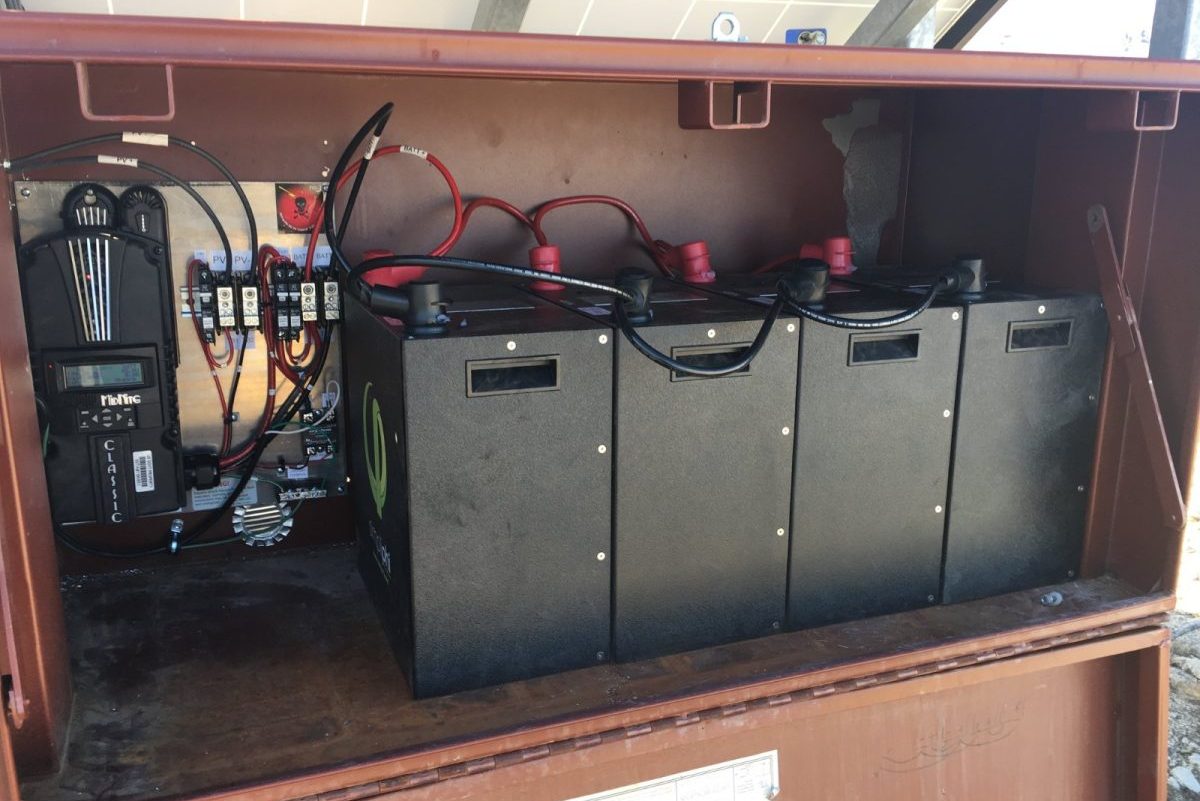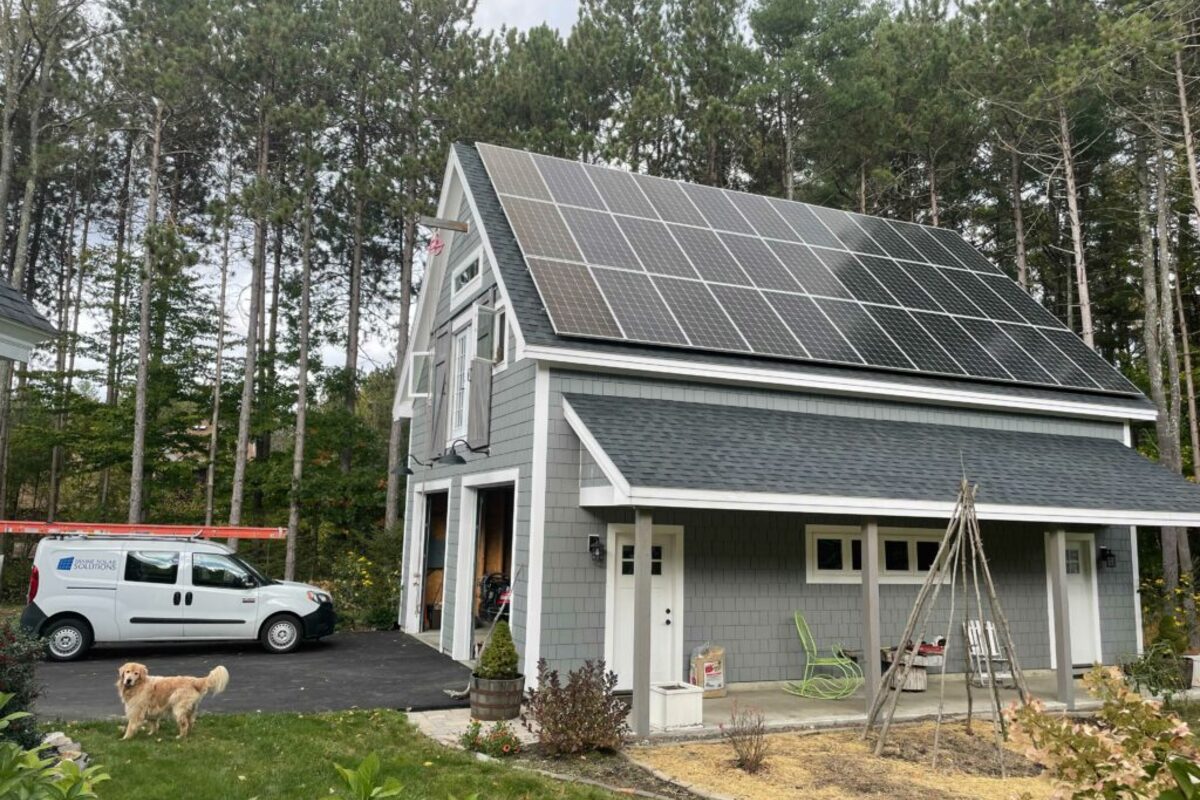When searching for solar batteries for your personal photovoltaic array, there are several variables involved. Take into account the model of battery you are searching for, as well as what you need to get out of the pack.
There are four primary types of batteries used in the storage of energy from solar power generation. The following is an overview of the different technologies that are now commercially available and more details on each category.
Lead-acid batteries
Lead-acid batteries are the proven technology in the realm of solar batteries. These batteries have been used to store electrical energy for a great many years, dating back to the 1800s. And they have been allowed to stay because of their dependability.
These batteries are the least expensive kind of power storage, making them the most economical. They also are dependable. Furthermore, because the system has been there for a long time, they are easy to get rid of and repurposed.
Flooded lead-acid batteries, however, cannot be put on their sides. They also have a low DoD; thus, they need regular charging.

Lithium-ion batteries
Lithium-ion batteries are ideal for home solar projects because they can store more electricity in a smaller space, which is ideal for powering a property.
These batteries also have a longer lifetime. In fact, the majority of them come with a 10-year warranty. This extended lifespan is due to their higher DoD, which allows you to consume more of the power stored inside the cell before it needs to be charged.
Flow batteries
Flow batteries are a new technology in the power storage industry. Because of the way they function, they must be made on a massive scale to store any significant quantities of electricity. As a result, flow batteries have not become a popular home alternative.
These batteries incorporate a water-based liquid that moves around two different compartments. When loaded, chemical processes take place, allowing the energy to be stored and then released.
Flow batteries offer a 100 percent DoD, which is one of their finest features. This implies that you may use all of the energy contained in the battery without endangering its condition.
Ni-Cd batteries
Ni-Cd batteries are less common than lithium-ion batteries. Despite this, they are popular in the aviation industry due to their longevity.
They are also capable of operating at high temperatures. Furthermore, they do not need sophisticated battery management systems.
The most significant downside of Ni-Cd cells is that cadmium is very toxic to humans. In fact, several nations prohibit the use of cadmium. As a result, they are difficult to dispose of.



